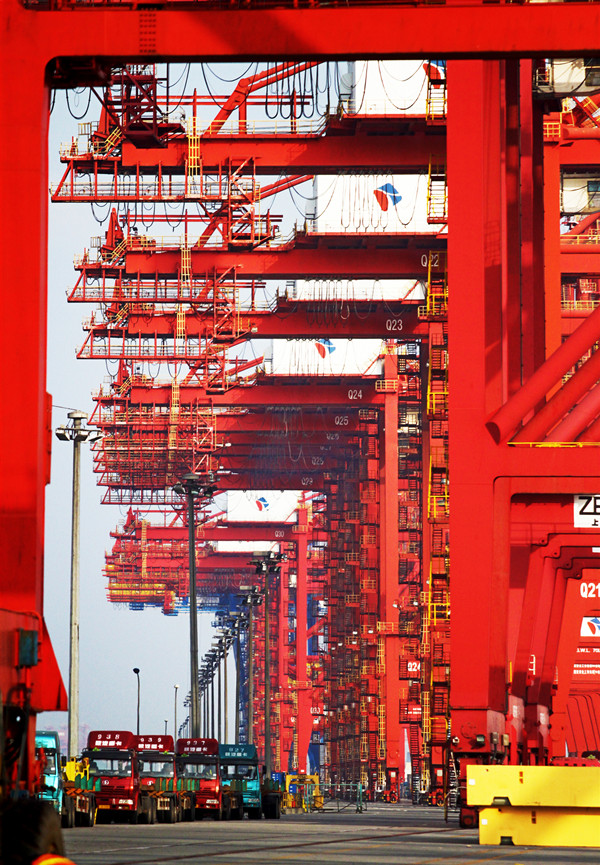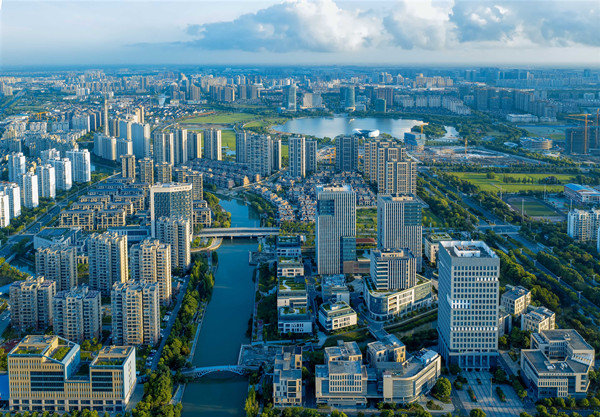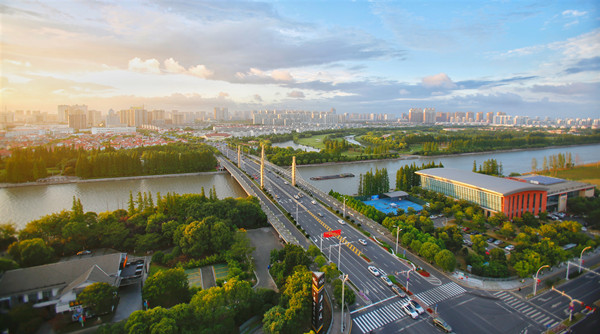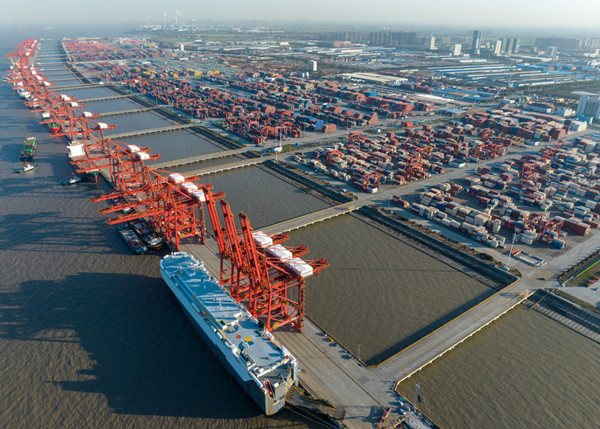Tang Wenzhi
Tang Wenzhi (1865~1954) was a well-regarded teacher and writer. From the autumn of 1907 to November 1920, he served as president of the Shanghai Higher Industrial School (Nanyang College and Shanghai Industrial Specialized School) under the Ministry of Posts and Communications.

Tang, known as Yinghou, Weizhi and Rujing, was born in Taicang, Jiangsu province from a poor scholar-gentry family. He studied hard and accustomed to reading under moonlight. He read the Analects of Confucius, Mencious and Five Classics by the age of 14.
He was admitted to the prefecture school at 16-years-old. One year later, he studied under Wang Zixiang, a Confucian philosopher in Taicang. At the age of 18, he passed the provincial level imperial examination. When he was 21, he studied at Jiangyin Nanjing Academy as a disciple of the masters, Huang Yizhou and Wang Xianqian.
Tang became a successful candidate in the highest imperial examinations in 1892. He served as chief staff in the Jiangxi department of the Ministry of Revenue. When the China-Japanese war broke out in 1894, the Chinese military was defeated. Tang submitted a 10,000-word statement to the Qing regime, requesting urgent actions to overcome the difficulties.
He lashed out at corruption and called for reforms. In the second year, he wrote a memorial to the throne for the successful candidates of Jiangsu in the imperial examinations at the provincial level. He opposed the signing of the Maguan Treaty due to its humiliating terms.
Tang was transferred to the post of secretary in the Premier’s Office in 1898. In the autumn of 1901, he visited Japan along with the vice-minister of the Ministry of Revenue. The Premier’s Office was restructured into the Ministry of Foreign Affairs during the winter of the same year.
Tang served as director of the taxation department in charge of trade relations and customs duties. In the spring of 1902, Portugal requested changes to the decade-old lease terms. They put forward unreasonable demands to encompass Dagu and the Xiaogu islands around Macao into Portuguese concession areas.
Tang drafted a refusal note. In May of the same year, Tang, as a third-grade counselor, accompanied General Zai Zhen to the United Kingdom to attend the coronation of King Edward VII. He visited Belgium, France, the United States and Japan. Tang conducted extensive surveys of the political, economic, cultural and education situations in Japan, Europe and the US.
Tang sought to invigorate the nation. He was impressed with the West for its advancements in science, technology, culture and education. He admired Oxford University, which cultivated many senior officials. Accordingly, he abandoned his official post later on to run schools.
The Qing government set up the commerce ministry in 1903. He was transferred from the foreign affairs ministry to the commerce ministry. Tang served successively as department chief and vice-minister. He established commercial laws and chambers of commerce, while supporting domestic industry and commerce sectors.
He opposed foreign loans to construct railways and promoted a merchant operated railway policy to maintain national sovereignty. The commerce ministry was reformed into the ministry of agriculture, industry and commerce in 1906. He was appointed as the minister.
Tang was entangled in the Sino-Japanese War of 1894-1895 and two aggressions against the country by the Eight-Power Allied Forces, which crushed the nation. During the era of struggles, he frequently appealed to the regime to rectify administrative disciplinary actions and make political and personnel reforms to save the country.
However, his revolutionary ideals were ignored due to rampant corruption. In December 1906, Tang returned to his hometown to mourn the death of his mother and he did not return to his official duties. Afterwards, Tang dedicated himself to education for the next 48 years.
Tang succeeded to the post of president of the Shanghai Higher Industrial School under the Ministry of Posts and Communications in 1907. Later he served as president of Nanyang College and the Shanghai Industrial Special School under the Ministry of Posts and Communications. He resigned in November 20, 1920 due to a severe eye disease.
He established the Wuxi Sinology Academy,later renamed as Wuxi Sinology specialized school, to preserve Chinese culture and cultivate scholars on Chinese ancient civilizations. He lectured on the classics of Chinese ancient civilizations. He served as president of the specialized school for 30 years and cultivated many talented people of literature and history.
During World War II,, Tang, over 70 years old and losing his sight, led his students to migrate to Guilin. Later due to an illness, he returned to the concessions in Shanghai to recuperate. He set up a Shanghai branch of the special school.
Wuxi Sinology specialized school was renamed, the China College of Arts after the founding of the People’s Republic of China. Tang served as the president of the school. The China College of Arts was merged into the Chinese Language Department of the South Jiangsu Cultural Education College in May 1950. Tang worked as an emeritus professor. He loved the New China, which showed in his speech and behavior.
He was well received by Shanghai Mayor Chen Yi, listed among the 10 most respected elderly in Shanghai. He died of illness in April 1954 in Shanghai at the age of 90. His works include Rujingtang Collected Works, Thirteen Classics Outline, Principle and Main Points of Chinese Ancient Civilization, and Chronicles edited by Mr Rujing.









